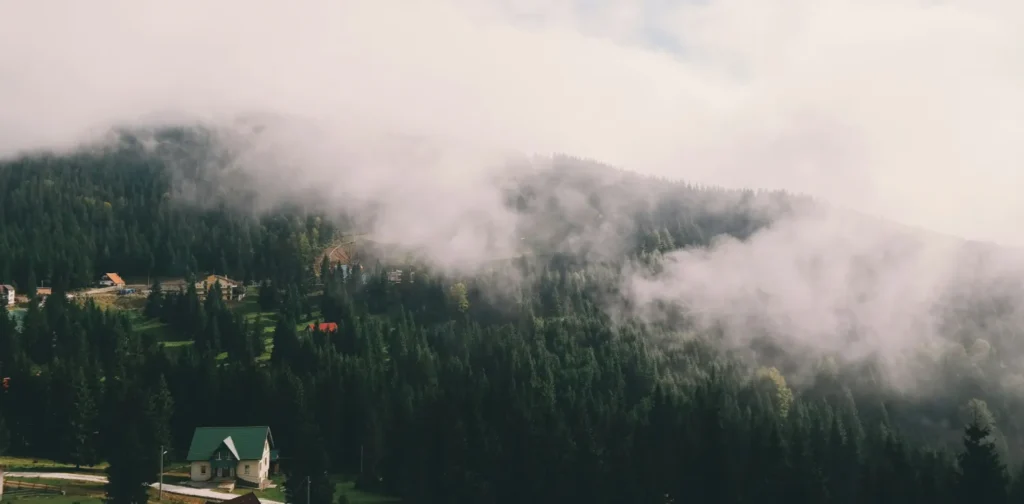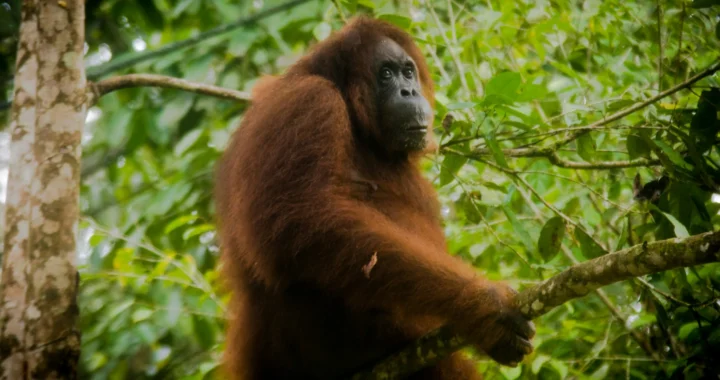Are Our Natural Carbon Sinks Losing Their Functions?

Photo: Brigitte Tohm on Unsplash.
Greenhouse gas emissions have reached record highs in recent years, raising the alarm about the severity of the climate crisis. The natural environment’s role is essential in reducing the amount of carbon floating in the air, but recent discoveries reveal that our natural carbon sinks have not been absorbing carbon in 2023.
Our Natural Carbon Sinks
The natural environment has the ability to act as a carbon sink, meaning that it can absorb more carbon than it produces. Some elements of it, such as forests, oceans, and soil, can also act as long-term carbon storage, which is vital for reducing the amount of carbon in the atmosphere.
For instance, studies found that the ocean can absorb up to 30% of CO2 emissions emitted by human activities. Meanwhile, forests can absorb 7.6 billion metric tonnes of CO2 annually, according to the World Resources Institute. These illustrate the importance of the natural environment in limiting the pace of climate change and the urgency to protect it from destruction.
Failed Functions?
With the current level of massive environmental degradation, scientists discovered a worrying indication that the Earth’s natural carbon sinks did not function as they should have been in 2023. A preliminary study indicates that forests and soils absorbed almost no carbon, a worrying sign of an environmental collapse.
The cause of this alarming situation can be circled back to the climate crisis itself. The year 2023 was the hottest year on record, triggering multiple environmental degradation cases, such as melting permafrost, more frequent wildfires, and warming oceans. These conditions disrupted nature’s ability to absorb and store carbon.
In the case of forests, for instance, drought and wildfires might emit as much, or even more, carbon as forests can absorb from the atmosphere, canceling out their functions as natural carbon sinks. A study by researchers from the Indian Institute of Technology found that global warming could reduce forests’ carbon uptake potential by 6%.
Moreover, high temperatures can also reduce the rate of photosynthesis, which involves a large amount of carbon. “At higher temperatures, it is possible that the rate of photosynthesis is reduced. The other explanation is that, if there are drought-like conditions, along with atmospheric aridity, plant productivity reduces, because there’s less water available,” said Subimal Ghosh, one of the authors of the study, as cited in Mongabay.
Halting Carbon Emissions
The natural environment is the foundation of life on Earth. With natural resources supporting human activities, the human societies develop. Unfortunately, the same human activities are among the major causes of environmental degradation. The high rate of forest loss, fossil fuel burning, and rampant pollution have caused the Earth’s natural carbon sinks to lose their functions.
Therefore, this calls for bold, concrete actions to halt greenhouse gas emissions that go beyond relying on nature to offset our emissions. Transitioning from fossil fuel to renewable energy sources must be a top priority for governments, businesses, and civil society worldwide, along with protecting and conserving biodiversity and the natural environment.
Editor: Nazalea Kusuma

Subscribe to Green Network Asia
Strengthen your personal and professional development with cross-sectoral insights on sustainability-related issues and sustainable development across the Asia Pacific and beyond.

Kresentia Madina
Madina is the Assistant Manager for Digital Publications at Green Network Asia. She graduated from Universitas Indonesia with a bachelor's degree in English Literature. She has three years of professional experience working on GNA international digital publications, programs, and partnerships particularly on social and cultural issues.


 Looking into Biochar as a Bioremediation Agent
Looking into Biochar as a Bioremediation Agent  Australian Climate Visa for Citizens of Tuvalu: Showcasing cross-border partnership in light of the climate crisis
Australian Climate Visa for Citizens of Tuvalu: Showcasing cross-border partnership in light of the climate crisis  Nickel Mining in Raja Ampat and the Widespread Cost of Natural Resource Exploitation
Nickel Mining in Raja Ampat and the Widespread Cost of Natural Resource Exploitation  Lumbung Sosial: Challenges and Opportunities of Indonesia’s Social Barn Program
Lumbung Sosial: Challenges and Opportunities of Indonesia’s Social Barn Program  A Worrying State of Insect Decline
A Worrying State of Insect Decline  GEF Approves Funding for Biodiversity Conservation Projects in Indonesia
GEF Approves Funding for Biodiversity Conservation Projects in Indonesia